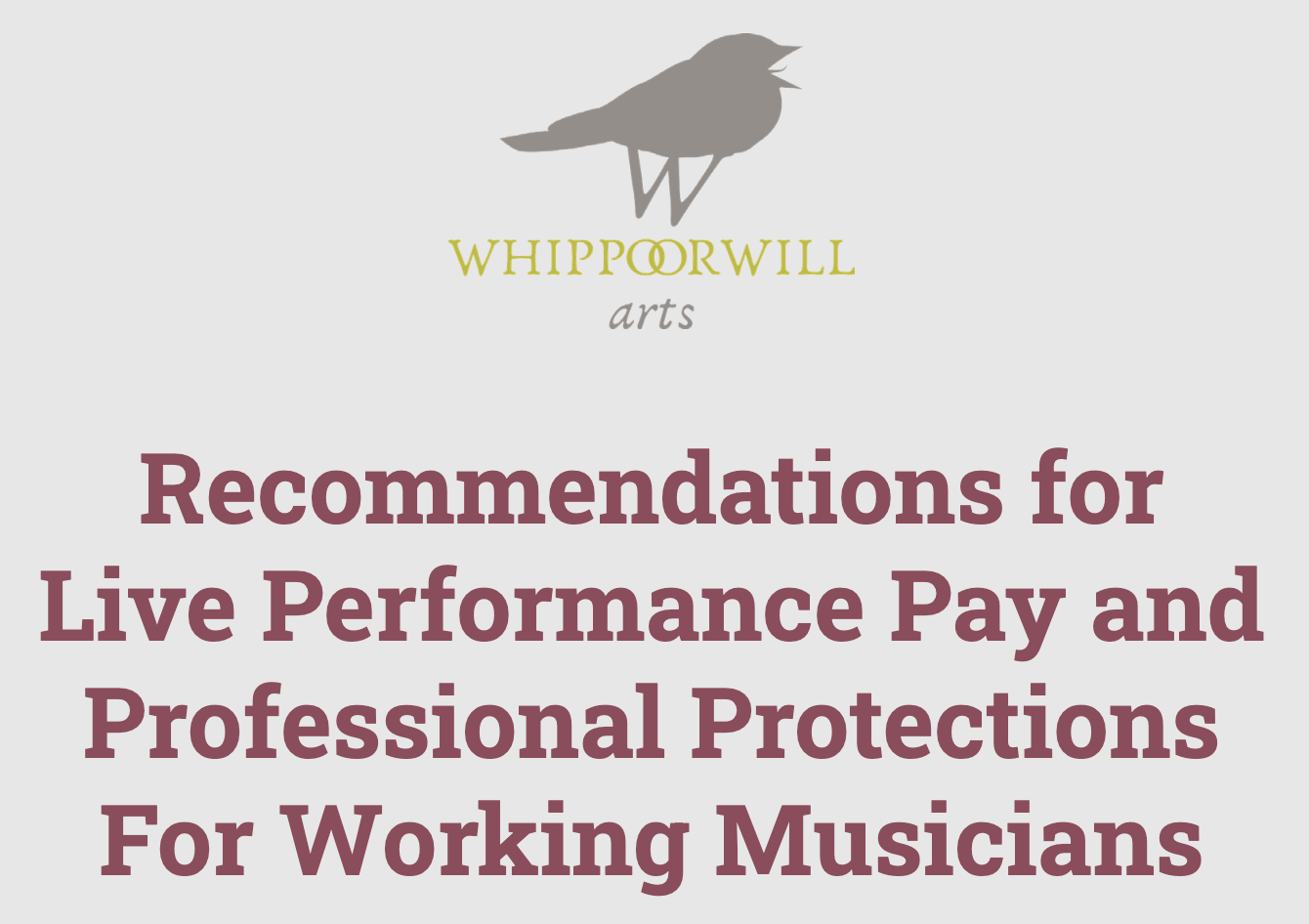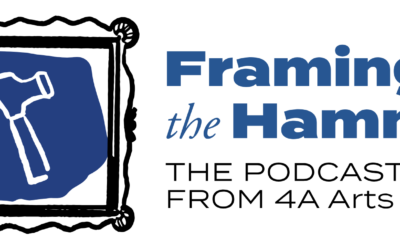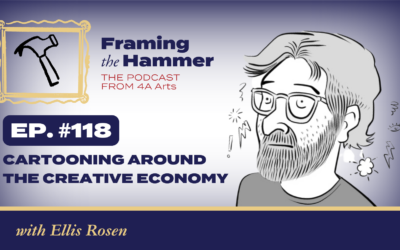ETHICALLY SOURCED MUSICIANS
In this episode of Framing the Hammer, Gavin chats with Hilary Perkins, co-founder and co-director of Whippoorwill Arts, a nonprofit organization located in the San Francisco Bay area seeking to help musicians get the pay they deserve.
In this podcast, we chat about the release of a comprehensive study on musicians’ pay and, critically, recommendations for pay for working musicians. (4A Arts partnered with Whippoorwill Arts and the Center for Music Ecosystems in the research and writing of this report.) Music venues lack direction or suggestions for how musicians should be paid. Not every musician is an arena superstar, but far too many are just “gigging for tips.” The collaborative study, entitled “Recommendations for Live Performance Pay & Professional Protections for Working Musicians” lays out what should be paid on a graduated scale based on experience and locations.
In the episode, Hilary references Van Gogh’s “Starry Night,” which mesmerized her as a child, and the fact that music flowed throughout her household, particularly because her father followed Hank Williams around Alabama road houses.

Live music is labor. And labor deserves to be paid.
– Hilary Perkins
In her work with Whippoorwill Arts, Hilary mentions making short films based on an old Scottish folk song, “Matty Groves”. That led to the production of multiple short films with varied music pieces as their subject or theme, and in advocacy of various causes.
After introducing and discussing Whippoorwill Arts’ Recommendation Report, we spoke of how the study has already made waves. Specifically, the Northwest Folklife Festival began paying the musicians in 2023 for the first time since its inception in 1971, thanks to the visionary leadership of Benjamin Hunter and his appreciation for Whippoorwill Arts’ report.
Finally, reflecting upon art that’s most recently been inspiring her, Hilary shared the publication of the novel, “Open Throat” by her nephew, Henry Hoke. Hilary mentions how, as Henry was shopping the book around, rejection after rejection came as he was consulted to make major changes. The story focuses on “a queer and dangerously hungry mountain lion who lives in the drought-devastated land under the Hollywood sign.” But Henry stayed committed to his artistic expression, ultimately found the right agent and publisher, and eventually it was declared that “Open Throat is what fiction should be” by the New York Times Review of Books.





